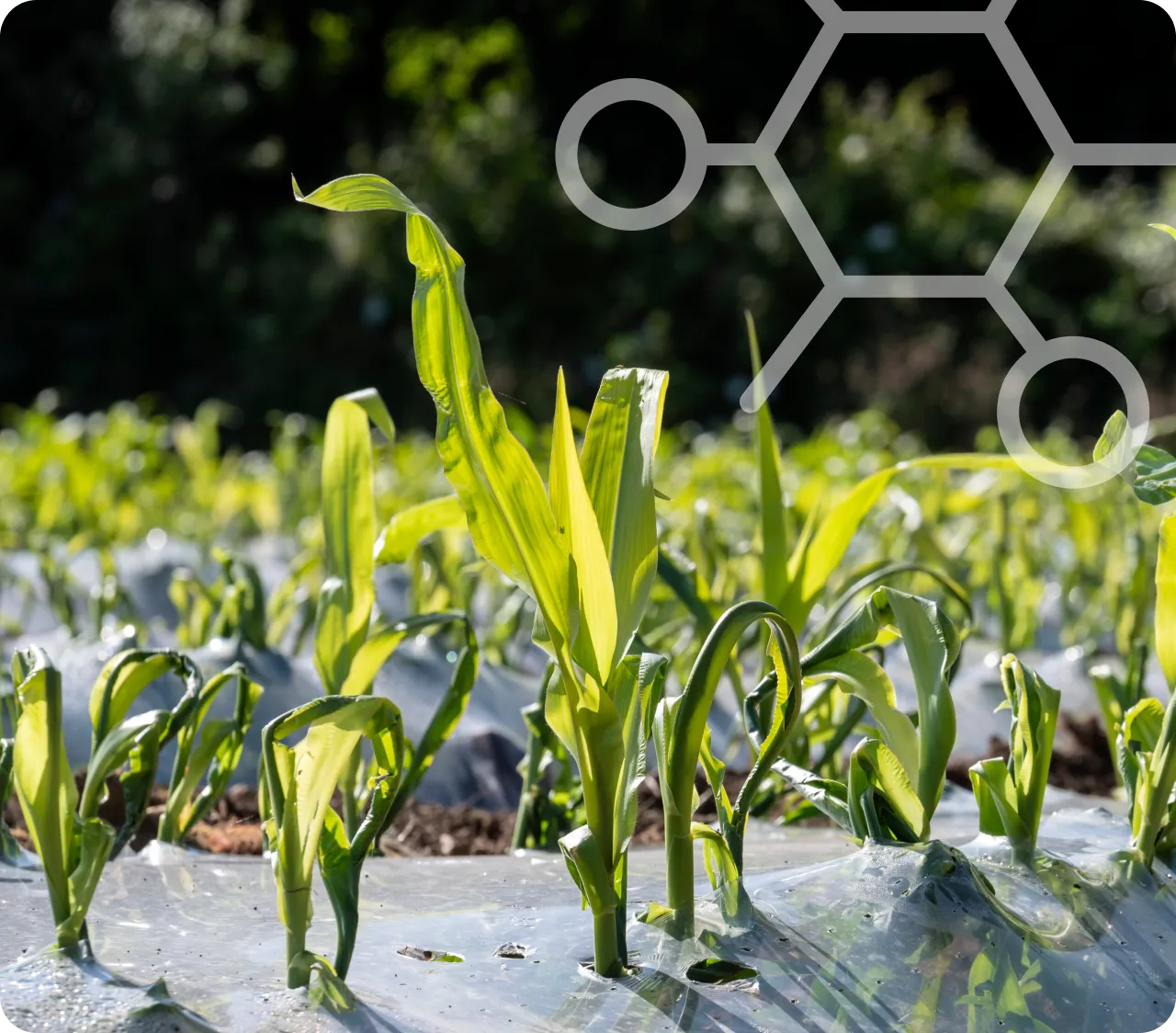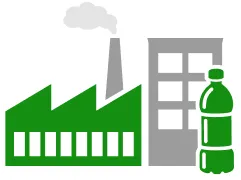What we do
Influence
We work with the government, policymakers, industry leaders and academia to promote and advocate for policies that support the growth of the bio-based and biodegradable sector.
Innovate
We are dedicated to advancing the industrial bioeconomy, by supporting projects that aim to develop new sustainable materials and technologies that reduce waste and greenhouse gas emissions.
Connect
We provide an international platform for organisations and professionals within the bio-based and biodegradable sector to network and collaborate, exchange ideas, and form partnerships.
Communicate
We proactively share information that elevates public and policy makers knowledge about the benefits of bio-based and biodegradable products, to inform, educate, and inspire action.
Our vision
Our vision is for a more sustainable future, where the UK is a global leader in developing, manufacturing, using and exporting bio-based and biodegradable solutions
Sign up to our newsletter



































